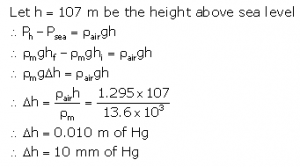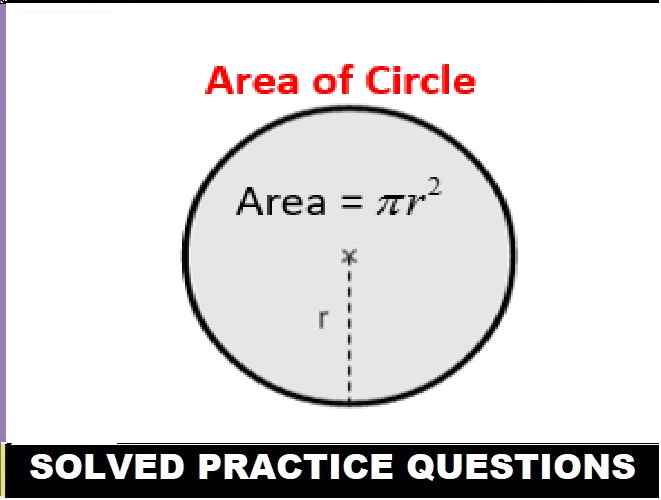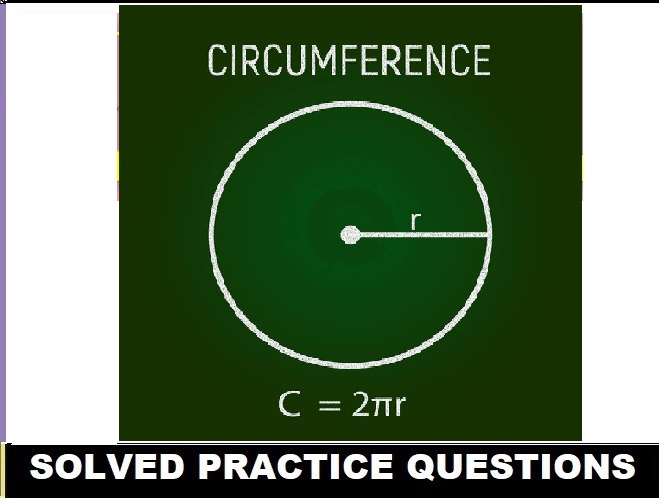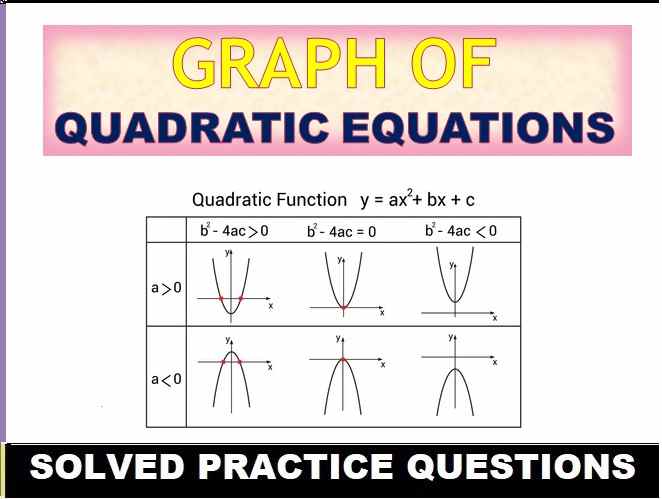Pressure in Fluids and Atmospheric Pressure Exe-4B Atmospheric Pressure and it’s Measurement Numericals Answer Type for Class-9 ICSE Concise Physics. There is the solutions of Numericals Answer type Questions of your latest textbook which is applicable in 2023-24 academic session. Visit official Website CISCE for detail information about ICSE Board Class-9.
Pressure in Fluids Exe-4B Atmospheric Pressure and it’s Measurement Numericals Answer
(ICSE Class – 9 Physics Concise Selina Publishers)
| Board | ICSE |
| Class | 9th |
| Subject | Physics |
| Writer / Publication | Concise selina Publishers |
| Chapter-4 | Pressure in Fluids and Atmospheric Pressure |
| Exe – 4B | Atmospheric Pressure and it’s Measurement |
| Topics | Solution of Exe-4(B) Numericals Answer Type |
| Academic Session | 2023-2024 |
Exe-4B Atmospheric Pressure and it’s Measurement Numericals Answer Type
Ch-4 Pressure in Fluids and Atmospheric Pressure Physics Class-9 ICSE Concise
Page 113
Que-1: Convert 1 mm of Hg into pascal. Take density of Hg = 13.6 x 103 kg m-3 and g = 9.8 m s-2 .
Ans: We know that, the pressure is given by the formula,
δP = hρg
Putting the given values in above equation, we get,
δP = 0.001 x 13.6 x 1000 x 9.8
δP = 133.28 Pa
Therefore, 1 mm of Hg is equal to 133.28 pascals.
Que-2: At a given place, a mercury barometer records a pressure of 0.70 m of Hg. What would be the height of water column if mercury in barometer is replaced by water? Take density of mercury to be = 13.6 x 103
Ans: Relative Density of Hg = 1.36 = kgm 13.6 × 103 kgm-3
Acceleration due to gravity , g = 9.8 msms-2
Height of mercury column = 0.70 m
∴ Pressure , P = hρg
or , P = (0.7)(1.36 × 103)(9.8) pascal
or , P = 93.3 × 103 Pa
Let h be the height of water column
Then , P = h (density of water) g
or , 93.3× 103 = h × 103 ×9.8
or , h = 9.52 m
Que-3: At sea level, the atmospheric pressure is 76 cm of Hg. If air pressure falls by 10 mm of Hg per 120m of ascent, what is the height of a hill where the barometer reads 70 cm Hg. State the assumption made by you.
Ans: Atmospheric pressure , P = 76 cm Hg
Rate at which pressure falls = 10 mm of Hg per 120 m of ascent = 1 cm of Hg per 120 m of ascent
Let h be the height of the hill.
Pressure at hill , P’ = 70 cm Hg
Total fall in pressure = P – P’ = (76 – 70) cm Hg = 6 cm Hg
Now , fall in pressure is 1 cm Hg for every 120 m increase in height
Thus , if the fall in pressure is 6 cm Hg , increase in height shall be (6 × 120)m = 720 m
∴ Height of the hill = 720 m
Assumption: Atmospheric pressure falls linearly with ascent.
(Pressure in Fluids and Atmospheric Pressure Exe-4B Numericals Class-9 ICSE)
Que-4: At sea level, the atmospheric pressure is 1.04 x 105 Pa. Assuming g = 10 m s-2 and density of air to be uniform and equal to 1.3 kg m-3, find the height of the atmosphere.
Ans: Pressure = hdg
h = Pressure / (dg)
= (1.04 × 105 Pa) / (1.3 kg/m³ × 10 m/s²)
= 8000 m
= 8 kilometers
Height of the atmosphere is 8 kilometers
Que-5: Assuming the density of air to be 1.295 kg m-3, find the fall in barometric height in mm of Hg at a height of 107 m above the sea level. Take density of mercury = 13.6 × 103 kg m-3.
Ans:

— : End of Pressure in Fluids and Atmospheric Pressure Exe-4B Numericals Answer Type Solutions :–
Return to Concise Selina Physics ICSE Class-9 Solutions
Thanks
Please share with your friends


